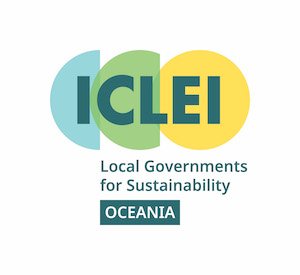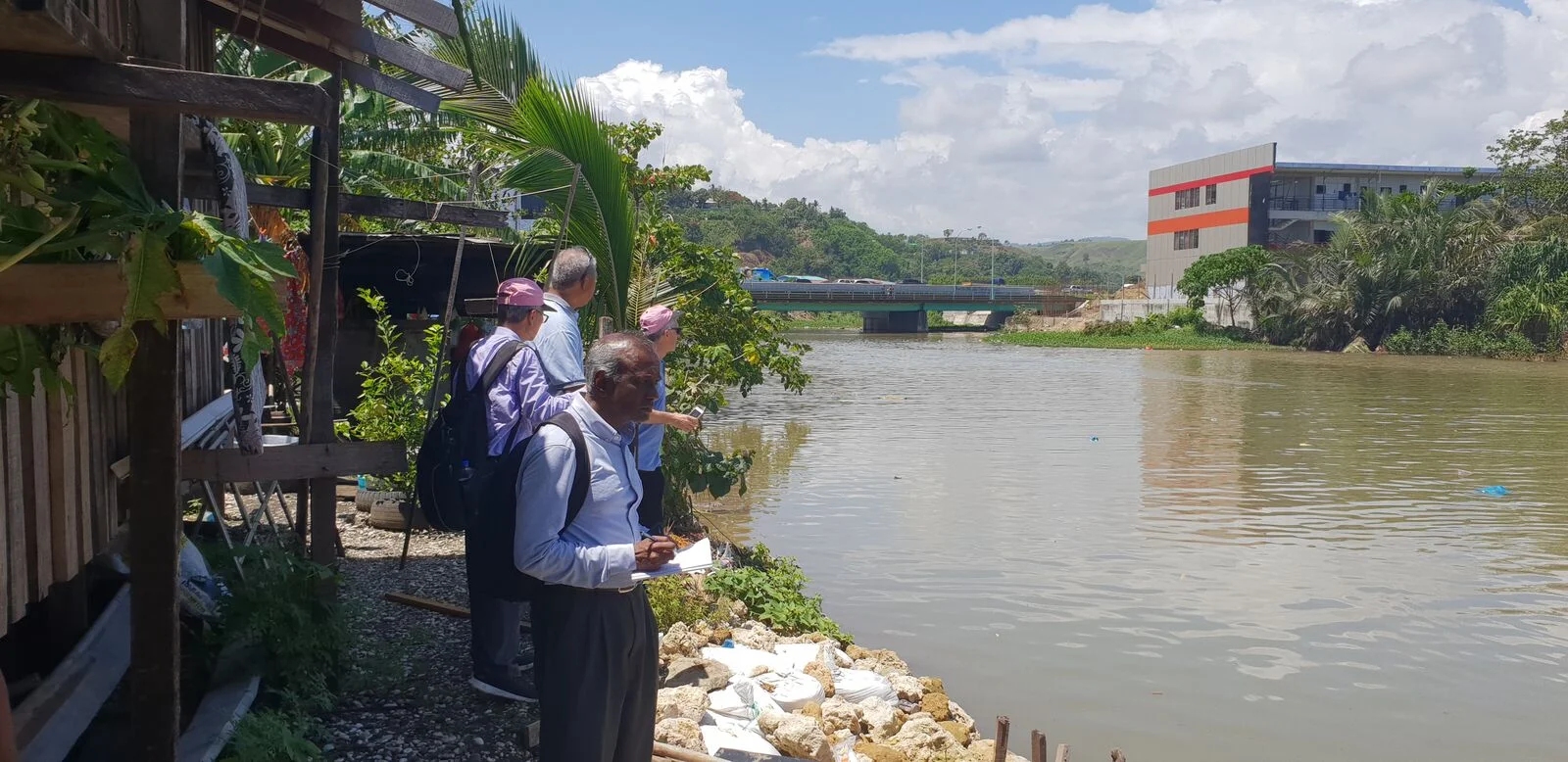In celebration of International Day for Biological Diversity, CitiesWithNature - a global knowledge sharing platform launched by ICLEI, IUCN and The Nature Conservancy - has a new tool to help integrate nature into cities. The Nature Pathway on CitiesWithNature is a collection of guidance, tools and inspirational examples that help local and regional governments to share their work on nature and learn about best practices and tools.
Read MoreCDP has released its first Cities A-list, recognising 43 global cities for their efforts in addressing climate change. Four Australian cities have made it unto the A-list – Sydney, Melbourne, Canberra and Adelaide.
Read MoreThe New Zealand Government announced the Climate Change Response (Zero Carbon) Amendment Bill. The bill sets the ambitious targets of reducing New Zealand’s Carbon dioxide emissions to zero by 2050.
Read MoreA new international scientific report warns of grave impacts to come as nature declines at an unprecedented rate. The report from the Intergovernmental Science-Policy Platform on Biodiversity and Ecosystem Services (IPBES) estimates that one million species are threatened with extinction today and that extinction rates are accelerating.
Read More“The informal settlements of Honiara are home to almost half the city’s population. The complex challenges of these vulnerable urban communities call for tailored, multi-faceted solutions.” - Article by Gosia Kaszubska, RMIT News
Read MoreThe Asia Pacific Cities Summit (APCS) and Mayors’ Forum is the region’s premier Summit that brings together one of the largest number of city leaders with the best and brightest in business. Today, cities are increasingly recognised as key influencers, connectors and contributors to the global economy and the Summit is the platform for connection and knowledge exchange.
Read MoreIndustrial legacy cities face unique challenges, as they transition towards vibrant, sustainable and equitable urban centers. Cities around the world can learn lessons from where these cities have been, and how they are moving forward. The new report Urban Transitions Alliance Roadmaps: Sustainability Transition Pathways from Industrial Legacy Cities details four transition pathways that eleven post-industrial cities have undertaken, with implementation ideas and best practices for each.
Read MoreLast week ICLEI Oceania, with CURF at the University of Canberra, convened the first national roundtable linking local and global climate action with a focus on the Global Covenant of Mayors for Climate and Energy (GCoM).
Read MoreI have just returned from spending a week in Fiji talking with local and national government leaders and community groups. Our aim was to wrap up our work supporting Fiji towns and cities to assess their disaster preparedness and lay plans for assisting them to build climate resilience.
Read MoreAll local governments should be concerned by the findings of the Climate Council’s latest report Weather Gone Wild. It summarises key extreme weather events that hit Australia and the world last year, with economic losses associated with weather-related disasters estimated to be US $215 billion, costs ultimately carried by people, communities and local governments.
Read MoreICLEI launches crowd funding campaign for the “Young Writers Network” a program to mobilise students to transform their research into more accessible formats. With only 12 years left to keep global temperatures below 1.5 degrees of warming, the value of sharing scientific knowledge on climate and sustainability has never been more urgent.
Read MoreAt its 48th plenary session in Incheon, South Korea, the Intergovernmental Panel on Climate Change (IPCC) – the leading international body mandated to assess climate change – approved the Global Research and Action Agenda on Cities and Climate Change Science, the primary outcome of CitiesIPCC, the first-of-its-kind Cities and Climate Change Science conference in Edmonton, Canada this past March.
The City of Melbourne has developed the draft Climate Change Mitigation Strategy that aims to reduce the largest source of greenhouse gas emissions in the municipality.
Read More















